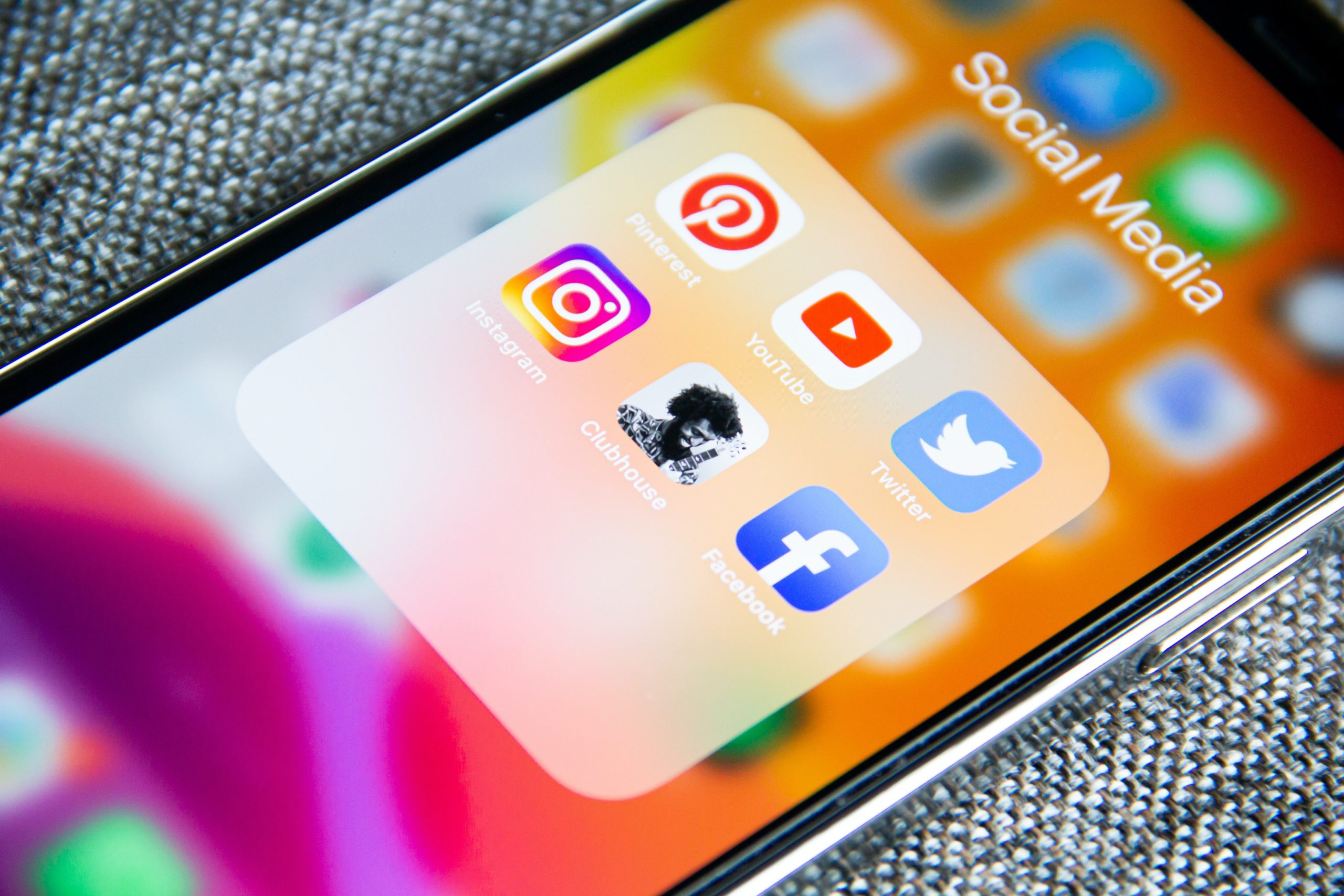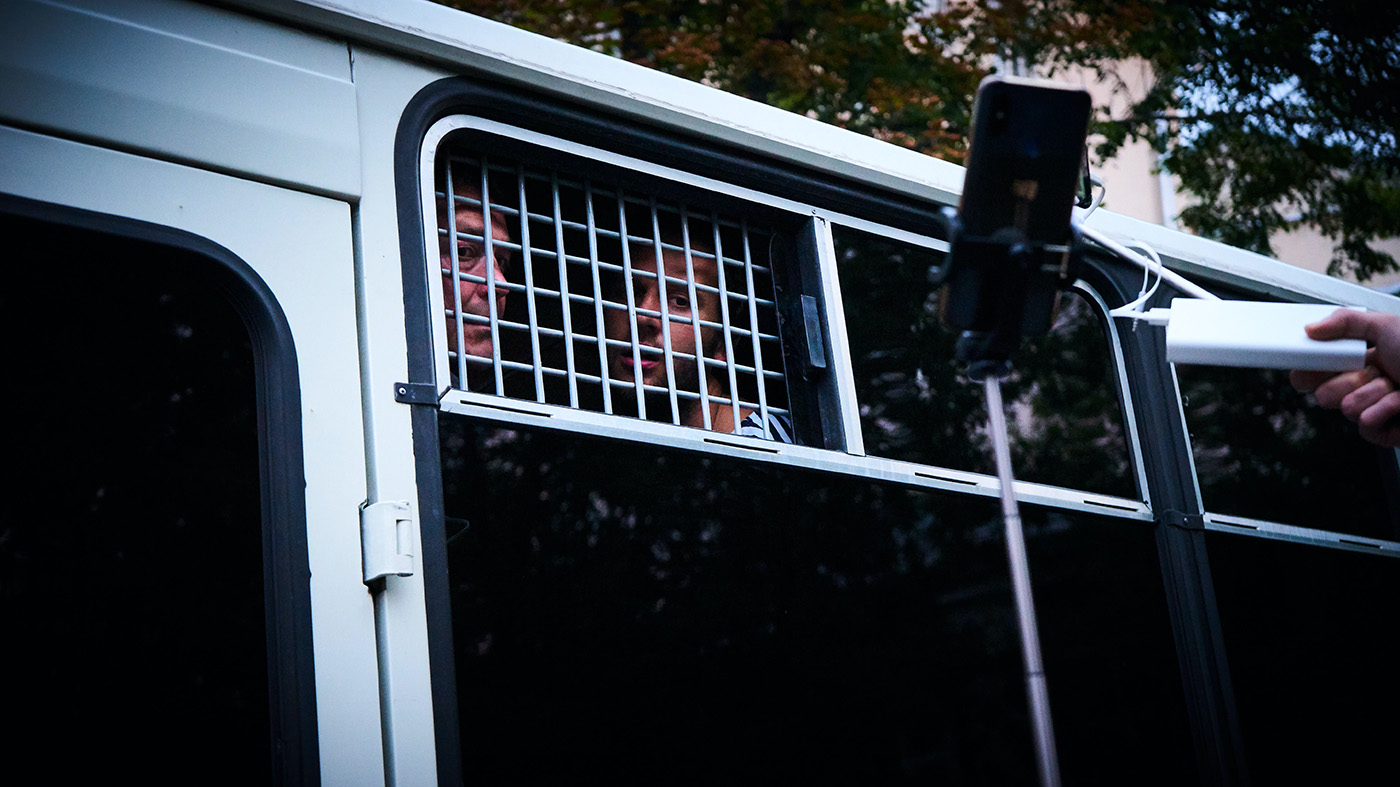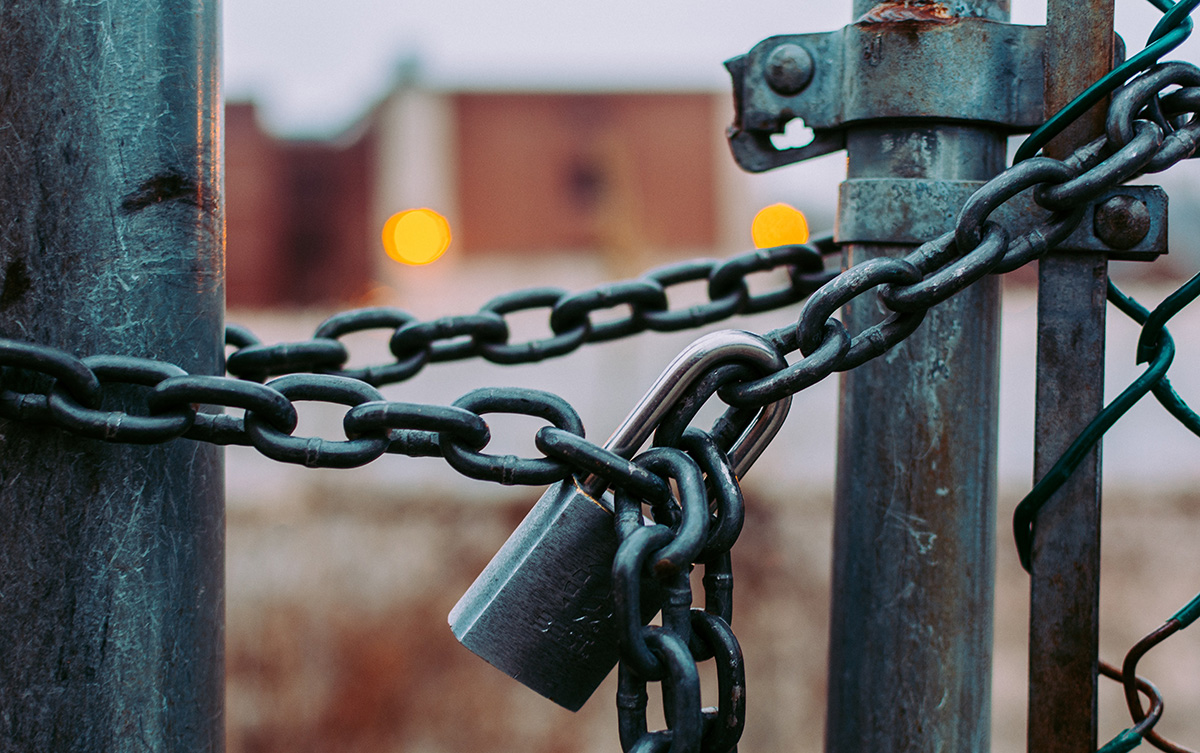Putin and the Internet: The War Is Only Beginning
By Fedor Krasheninnikov March 18, 2021

By Fedor Krasheninnikov March 18, 2021

In order to ensure his dominance in the media space on the eve of a new electoral cycle, Putin is willing to use any means including the blocking in Russia of the world’s major social media, including Twitter, Facebook and YouTube. Despite the fact that it will be extremely hard to carry this out, and that the regime itself will likely suffer the most negative impact of such decisions, their potential costs do not scare the Kremlin nearly as much as the continuously growing influence of social media on Russia’s political life.
Trojan Horse of the West
For Putin, the Internet is the embodiment of not just everything Western but especially of everything American. He has repeatedly called the Internet a “CIA project.” As a matter of fact, this thesis is key to understanding Putin’s entire policy with regard to the Internet.
In his eyes, the global Internet system is above all enemy technology that brings nothing but trouble to either Russia or to him personally.
It is possible that this perception of the Internet explains the current Russian government’s shameful penchant for hacking attacks on the United States and Western countries. If the Internet is a “CIA project,” then cyber attacks are nothing but an attempt at fighting the enemy with its own weapons. Moreover, these are not even attacks but rather self-defense actions because, in the Kremlin’s logic, the attack on Russia is perpetrated by the West through the means of a global communication network under its control.
Thus, in Putin’s eyes, the Internet is a Trojan horse that the West uses to control the world, Russia, and, in practical terms, to deprive Putin himself of power.
Everything He Hates
Beside the Internet’s questionable origins and de facto control, Putin also sees it as the hub of all things contradicting his political experience and his understanding of politics in general. First of all, at the time when Putin came of age, became a politician, and, most importantly, came to power in Russia, the Internet played no role in social life.
For an insignificant KGB officer in the 1980s and 1990s, a career in politics, his anointing as Russia’s president and his retention and consolidation of power – all of this was only possible in the context of minimal visibility and transparency of political decision-making along with the dominant role of traditional media under the Kremlin’s increasingly tough control since the Yeltsin times.
And suddenly, the Internet gave back to Russian citizens all the things that Putin had been so laboriously taking away from them: free information exchange, the possibility of discussion, and opportunities to work together and raise funds to achieve goals, all of this while avoiding the government’s control and restrictions.
It is important to mention that the Internet became a political factor only after the emergence of social media that facilitated the exchange of information between people to the fullest degree while providing everyone not just with access to any information but also with opportunities to share it.
The first wave of the Russian government’s interest toward the Internet was prompted by the Arab Spring. After the Russian street protests of 2011 and 2012, the Kremlin became firmly convinced that the Internet was becoming a factor supportive of political struggle.
Two Russias
Putin and his close circle confuse cause and effect: they believe that Russian citizens do not turn of their own volition to the Internet to express their discontent with current developments in their country because they basically have no other options available, but rather that the West uses the CIA-made Internet and US social media companies to “muddy the waters” in an effort to change the regime. This is why any measures aimed at restricting Internet access and the activity of major social media companies in Russia – even imposing a total ban on them – should not come as a surprise. In his efforts to retain his hold on power, Putin does not deem any measures excessive or superfluous.
These are not the only reasons why the Russian authorities are concerned with the Internet. Today, the attitude toward the Internet represents the main divide in Russian society. Putin’s core electorate and people who continue to be deeply influenced by state propaganda are primarily older generations of Russians who either do not use the Internet at all or use it to a limited extent as a supplement to more traditional forms of acquiring information – television, radio, printed media, or, in other words, state-controlled resources that broadcast state propaganda.
On the other end of the spectrum, there are people who have thoroughly familiarized themselves with the Internet and are able to utilize effectively its potential as a resource. These are primarily younger generations of Russians. Despite demographic problems, Putin is growing increasingly concerned with Russia’s youth because he is not as popular among young people as he is among older generations. Meanwhile, he has no means of reaching young people. Attempts at spreading state propaganda online have not proved very successful: key topics of propaganda – nostalgia for the Soviet Union, hatred for the West, and endless celebrations to mark Russia’s victory in WWII – are met by younger Russians with neither interest nor understanding.
Fight over the Internet
Putin’s critics have a diametrically opposite attitude toward and relationship with the Internet: having no access to nationwide media, they are popular and active online and on social networks.
For instance, Alexei Navalny owes his career and popularity to the Internet that has become his political pulpit, his media resource, a means to raise money to finance his activity, and has helped form the movement of his supporters. It is quite logical that, having authorized reprisals against his main opponent on the eve of a new electoral cycle, Putin is prepared to eliminate the possibility of anyone emulating Navalny’s path.
The fight over the Internet is becoming a fight for survival of Putin’s regime. The threat to block major social media companies in Russia and the imposition of stiff fines to put pressure on them represent regime attempts to blackmail them into submissiveness and cooperation. In this way, the Kremlin aims to assert full control over their activities in Russia and to oblige them to help Putin fight against any political opposition.
The attack on Twitter is a test, the opening shot of a big war. It is obvious that, being the source of uncensored information including about the Russian President and the methods he and his close circle are using to govern Russia, YouTube has become Putin’s main concern. Although even the Russian President has not dared thus far to pick an outright fight with Google, he is certainly getting ready for it.
Hopefully, social media giants will not give in to blackmail and turn into obedient instruments of the Russian government’s repressive policies. Together with American society, they should realize that the Internet today is the field of battle between freedom and its antithesis, between authoritarianism and democracy, and not just in Russia.
Over the last several months, harassment of Russia’s political opposition has intensified, with legislative elections as a clear cause. Many people have erroneously believed that once the elections were over, the repressions would ease, if not entirely disappear.
By Fedor Krasheninnikov
October 11, 2021
 Article
Article
2021 saw widespread political repressions across Russia
By Anton Mikhalchuk
August 27, 2021
 Article
Article
On July 12, 2021, yet another amendment to the legislation on Undesirable NGOs entered into force in Russia. The changes mean that now anyone who works with an “undesirable” organization can be subject to administrative penalties
By Olga Gnezdilova
July 21, 2021

Over the last several months, harassment of Russia’s political opposition has intensified, with legislative elections as a clear cause. Many people have erroneously believed that once the elections were over, the repressions would ease, if not entirely disappear.
By Fedor Krasheninnikov
October 11, 2021
 Article
Article
2021 saw widespread political repressions across Russia
By Anton Mikhalchuk
August 27, 2021
 Article
Article
On July 12, 2021, yet another amendment to the legislation on Undesirable NGOs entered into force in Russia. The changes mean that now anyone who works with an “undesirable” organization can be subject to administrative penalties
By Olga Gnezdilova
July 21, 2021
